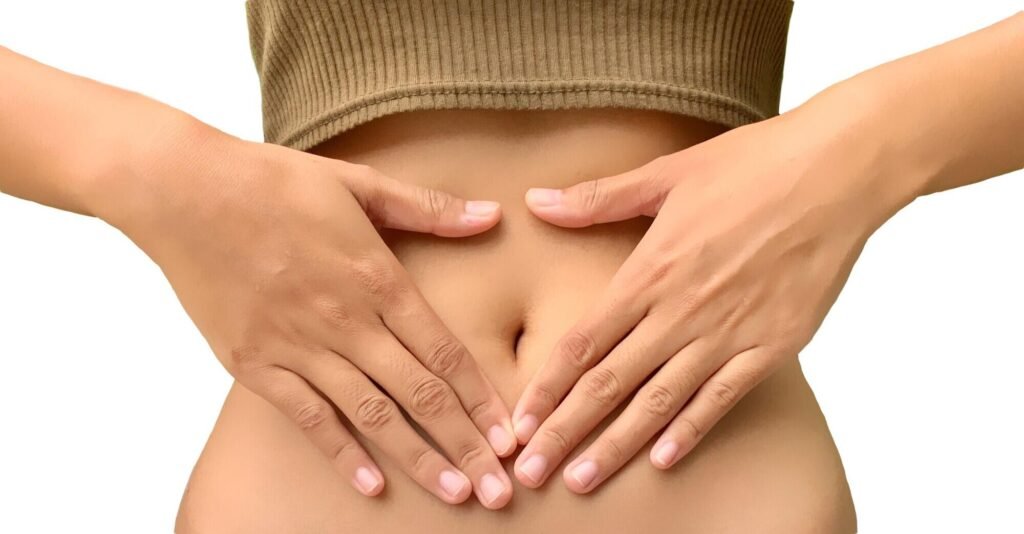Ready to learn about colon cleansing? It’s popular for improving gut health and flushing out toxins.
But with so much info available, it can be confusing. This guide will cover everything you need, from its history to methods and risks, helping you make smart choices for your health.
Say goodbye to bloating and constipation-let’s explore how colon cleansing can benefit you!
1. Consult With a Healthcare Professional
Colon cleansing is gaining popularity as a way to improve health and digestive wellness, but it is not without potential risks. It is crucial to receive professional guidance and evaluation to determine if it is safe and appropriate for an individual’s specific health needs.
A licensed healthcare provider can also offer advice on how to prepare for the cleansing process and provide necessary follow-up care. Taking the time to consult with a professional can ensure a safe and effective experience with colonic hydrotherapy.
2. Should Be Done in Moderation
Colon cleansing is also known as colonic irrigation. It is a process that involves flushing out the colon by using water, herbs, or other substances.
While this procedure may have some benefits, such as improved digestion and elimination, it is important to understand that it should be done in moderation. Overdoing colon cleansing can lead to the following:
- dehydration
- and electrolyte imbalance
- and disrupt the balance of good bacteria in the gut
It is recommended to consult with a healthcare professional before undergoing colon cleansing and to follow the recommended frequency for the procedure. Too much of a good thing can often have adverse effects, and this holds for colon cleansing. So remember, moderation is key when it comes to this practice.
3. Potential Side Effects
While it promises many benefits such as improved digestion and weight loss, one of the things that people need to be aware of is the potential side effects. Colon cleansing involves flushing out the digestive tract using different methods like enemas or supplements. This process can disrupt the natural balance of bacteria in the colon, leading to the following:
- digestive issues
- and even infections
Other potential side effects include dehydration, allergic reactions to the cleaning solutions, and electrolyte imbalances. It is important to consult a healthcare professional before trying colon cleansing and to understand the potential risks involved.
4. Following a Healthy Diet and Lifestyle
One of the key components to effective colon cleansing is following a healthy diet and lifestyle. Achieving a balanced and healthy diet involves prioritizing nutrient-dense foods like fruits, vegetables, whole grains, and lean proteins while minimizing your intake of processed foods and those high in unhealthy fats.
It is also important to stay hydrated and drink plenty of water to aid in digestion and elimination.
In addition to a nutritious diet, regular exercise is crucial for maintaining a healthy colon. By staying physically active, we can improve circulation and promote efficient bowel movements. Together, a healthy diet and lifestyle can support the natural detoxification processes of our body, leading to a healthier and happier colon.
Explore Our Ultimate Guide to Colon Cleansing
Colon cleansing can offer numerous health benefits and improve overall well-being. By understanding the basics of this practice, individuals can make informed decisions about whether it is right for them.
Remember to always consult with professional colonics, and consider incorporating colon cleansing as a part of your health routine. Start your journey to a cleaner colon today!
Looking for more tips and advice? You’re in the right place! Make sure to bookmark our page and come back to check out more interesting articles.






